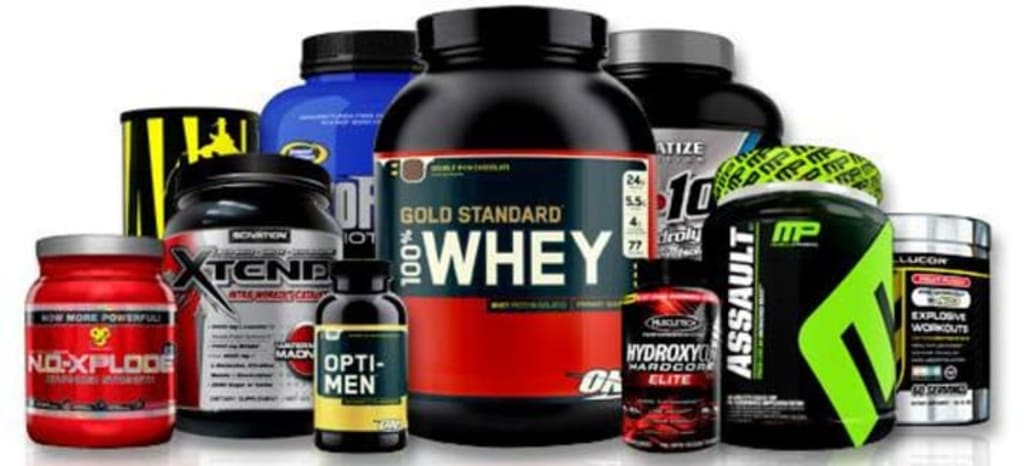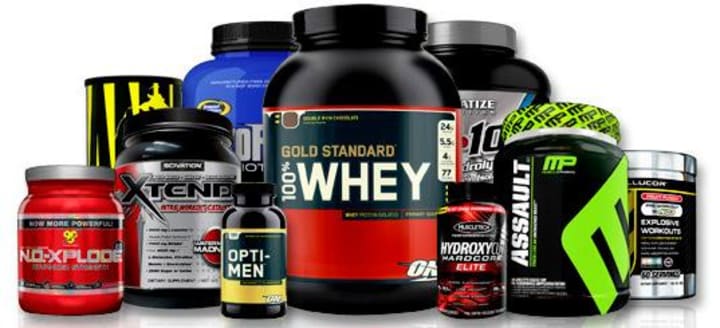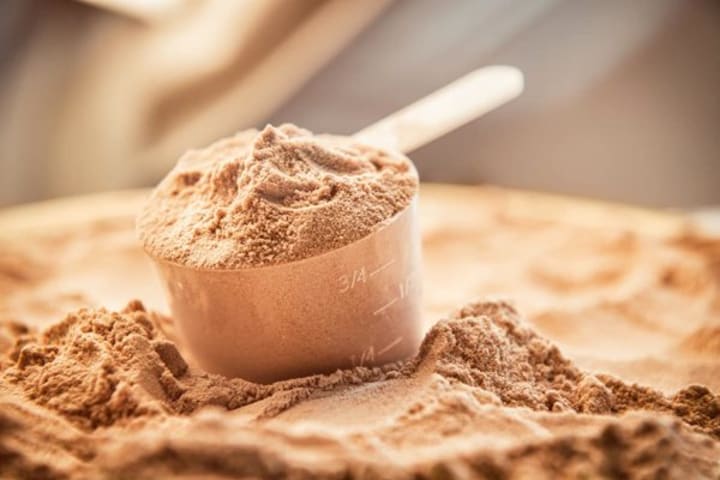Protein Powders
Effect of Protein Powders

Protein powders have become increasingly popular in recent years as more people have started paying attention to their fitness and health. These powders are designed to provide a concentrated source of protein, which can be useful for individuals who are looking to build muscle, lose weight, or simply increase their overall protein intake.
There are many different types of protein powders available, each with its own unique characteristics and benefits. Here are some of the most common types of protein powders:

Whey Protein. Whey protein is one of the most popular types of protein powders, and for good reason. It is a high-quality protein source that is easily absorbed by the body, making it an excellent choice for post-workout recovery. Whey protein is derived from milk, and is available in both concentrate and isolate forms.
Casein Protein. Casein protein is another type of protein that is derived from milk. It is slower to digest than whey protein, making it a good choice for a meal replacement or before bed, when you want a sustained release of protein.
Soy Protein. Soy protein is a plant-based protein that is derived from soybeans. It is a complete protein, meaning that it contains all of the essential amino acids that your body needs to function properly. Soy protein is a good choice for vegetarians and vegans, as well as individuals who are lactose intolerant or have a milk allergy.
Pea Protein. Pea protein is another plant-based protein that is derived from yellow split peas. It is a good source of protein for individuals who are looking to avoid soy, dairy, or other common allergens.
Rice Protein. Rice protein is another plant-based protein that is derived from brown rice. It is a good choice for individuals who are looking for a hypoallergenic protein source, as it is free from common allergens like soy and dairy.

When choosing a protein powder, it is important to consider your individual needs and goals. For example, if you are lactose intolerant or have a milk allergy, you may want to choose a plant-based protein powder. If you are looking to build muscle, a whey protein powder may be your best bet. If you are looking for a meal replacement, a slower-digesting protein like casein may be more appropriate.
It is also important to pay attention to the quality of the protein powder you choose. Look for products that have been third-party tested for purity and quality, and avoid products that contain added sugars, artificial sweeteners, or other unnecessary ingredients.
In conclusion, protein powders can be a useful addition to a healthy diet and fitness routine. With so many different types of protein powders available, it is important to choose a product that meets your individual needs and goals, and to pay attention to the quality of the product you choose. As with any dietary supplement, it is always a good idea to talk with your doctor before adding a protein powder to your regimen.
For Whey Protein Powder.
https://amzn.to/40yTkeM
For Rice Protein Powder
https://amzn.to/3K9bHll
For Casein Protein Powder
https://amzn.to/3nsXaYD
For Soy Protein Powder
https://amzn.to/3z754K2
For Pea Protein Powder
https://amzn.to/3z754K2






Comments
There are no comments for this story
Be the first to respond and start the conversation.